This article was co-authored by wikiHow Staff. Our trained team of editors and researchers validate articles for accuracy and comprehensiveness. wikiHow's Content Management Team carefully monitors the work from our editorial staff to ensure that each article is backed by trusted research and meets our high quality standards.
There are 9 references cited in this article, which can be found at the bottom of the page.
This article has been viewed 60,655 times.
Learn more...
Déjà vu is French for "already seen" and refers to the feeling you get when you feel you have been somewhere before or done something already, that you really haven't, and you know this strong feeling is not warranted - that is, you are aware the feeling isn't true.[1] Depending on what the thing is that you feel you have already experienced, déjà vu can be an uncomfortable feeling that you want to get rid of.
Steps
Removing the Feeling
-
1Distract yourself with media. Although feelings of deja vu are typically fleeting, if you want to actively take steps to get rid of it, try distracting yourself; distraction is a technique that can remove unwanted feelings. [2] Turn on the TV and watch a show or pull out your smartphone and load up an app or check the news.
-
2Count to ten. One way to get your mind off the feeling of deja vu is, simply, to count to 10. Try really focusing mentally on the visualizing the numbers in your mind as you count.[3]
- If the feeling is still there, try counting higher, say, to fifteen or twenty.
Advertisement -
3Rub your fingers together. One method of distraction involves focusing intently on the sensations involved in rubbing your fingers together.
- Focus closely on how the rubbing feels and describe to yourself the texture of your fingers and the temperature involved.
-
4Try mindful breathing. Mindful breathing can help you relax and get your mind off the deja vu feeling you are experiencing. Take a deep breath in over the course of five or so seconds and then slowly exhale over the course of another five or so seconds.
- Focus only on your breath; feel how your chest expands and contract as you breathe in and out deeply.
Learning About Déjà Vu to Lessen its Impact
-
1Realize that the feeling is common. Although it is difficult to determine precisely how common deja vu experiences are, somewhere between 30%-100% of people have experienced it.[4]
- Deja vu is more commonly experienced by younger, rather than older people.
-
2Know that common feelings are not to be feared. One reason it may feel like the deja vu feeling is something that you need to get rid of is because you feel that it is an unusual, and perhaps frightening, experience.
- It may help to think of deja vu as a type of emotional experience that, while rarer than most feelings, is still pretty common.
-
3Know that deja vu feelings are typically harmless. As far as scientists know, there are no harmful effects of experiencing deja vu, so don't feel that you have to get rid of this feeling because it is harmful.
- That said, individuals who have a condition called temporal lobe epilepsy, in which they have abnormal electrical activity in a part of the brain, are more likely to experience deja vu than other individuals. So, if this feeling is very common for you, it may be worth getting checked out by a qualified medical doctor, such as a neurologist.[5]
-
4Know that deja vu might indicate a good memory. Because deja vu is more commonly experienced among young people compared to older individuals, and because it involves recognizing that a feeling of familiarity is "off", or wrong or unjustified, this may indicate that deja vu is a healthy reaction that might reflect a good memory system.[6]
- That said, it may be that déjà vu does not indicate a good memory system necessarily, but it still does not suggest a bad memory system. So, if you are trying to get rid of the feeling because you are worried it means you have a bad memory, don't worry!
Preventing Déjà Vu
-
1Reduce stress. The experience of déjà vu is associated with high levels of stress. Although it is unclear whether stress causes déjà vu, whether déjà vu causes stress, or whether some third variable causes both stress and déjà vu. Still, if stress does cause déjà vu, at least some of the time, one way to try to prevent feeling déjà vu might be to lower your stress levels. There are a number of ways this can be done:
- Socialize with others. Studies show that having social support is a great way to reduce the impact of stress.[7]
- Try a deep breathing technique. Breathe in deeply through your mouth over five seconds. Hold your breath for a few seconds and then exhale slowly over five seconds. Focus only on your body and your breathing. Doing this can help you get your mind off of stressful things and calm your body down.[8]
- Exercise. Get up and moving to reduce stress. Go for a walk, a jog, or to the gym. Listen to some music while you exercise to really pump yourself up.[9]
-
2Avoid fatigue. Feelings of fatigue have been associated with the experience of déjà vu. Although it is unclear whether fatigue causes déjà vu, one way to possibly prevent feeling déjà vu is to reduce feelings of fatigue in your life. There are a number of ways to lower your fatigue:[10]
- Get plenty of sleep. You may need between 7-9 hours of sleep a night. Keep track of how many hours of sleep you need each night to feel fully rested and refreshed in the morning and aim to get that amount each night.
- Avoid/reduce stress. Being chronically stressed is a surefire way to experience fatigue. Keep a balanced lifestyle; look for ways to cut down on work time by scheduling yourself some fun time. Make having some fun time each day/night a priority.
- Eat often. Make sure you are getting plenty of calories regularly throughout the day. It is important to keep your energy levels up as you deal with the stress of the day.
-
3Avoid certain drugs. Some drugs, such as a combination of amantadine-phenylpropanolamine, drugs used for influenza, have been found to lead to recurrent episodes of déjà vu in a case study. [11]
- That said, always consults with a medical doctor before making any decisions about starting or stopping a medication.
-
4Cut down on travel. Because déjà vu involves something feeling familiar when it is not, and recognizing this discrepancy, the experience is more likely to occur while traveling somewhere new. After all, you did not see new things, you would not experience déjà vu.
- That said, you should perform a cost/benefit analysis before making this decision. For example, you should ask yourself whether giving up seeing new things is worth reducing the odds that you will experience déjà vu. What matters is how much traveling/seeing new things matters to you, personally, compared to not experiencing déjà vu.
References
- ↑ https://pubmed.ncbi.nlm.nih.gov/20425276/
- ↑ https://www.psychologytoday.com/blog/where-science-meets-the-steps/201404/what-is-healthy-distraction
- ↑ https://www.psychologytoday.com/blog/where-science-meets-the-steps/201404/what-is-healthy-distraction
- ↑ https://health.clevelandclinic.org/deja-vu-what-it-is-and-when-it-may-be-cause-for-concern/
- ↑ https://health.clevelandclinic.org/deja-vu-what-it-is-and-when-it-may-be-cause-for-concern/
- ↑ https://www.psychologytoday.com/blog/ulterior-motives/201001/what-is-d-j-vu
- ↑ https://www.ncbi.nlm.nih.gov/pmc/articles/PMC2921311/
- ↑ http://www.stress.org/take-a-deep-breath/
- ↑ http://www.helpguide.org/articles/stress/stress-management.htm
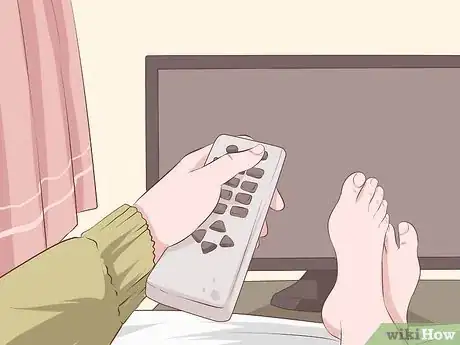
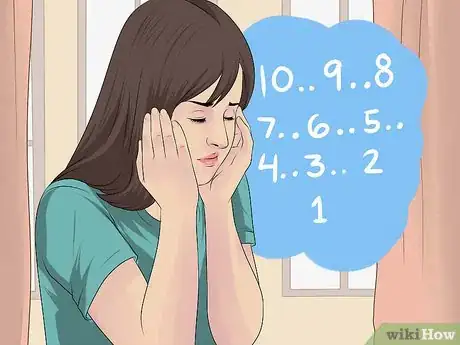
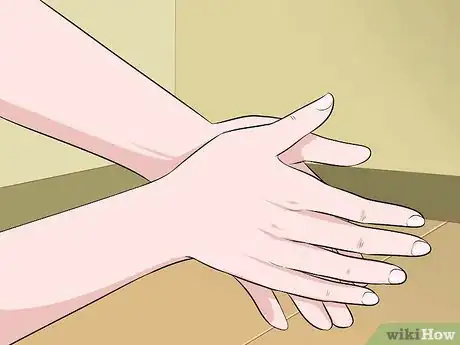
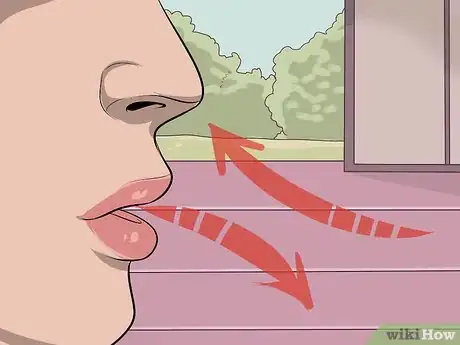
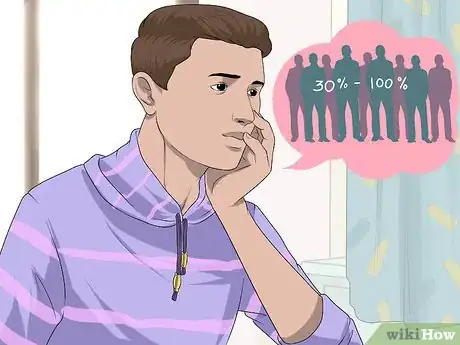
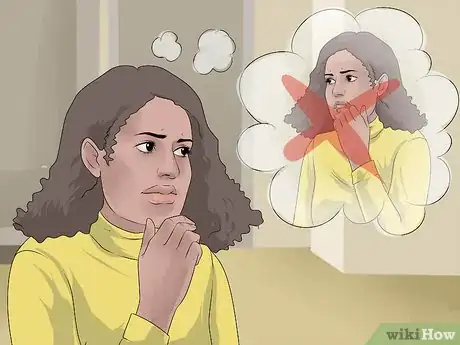
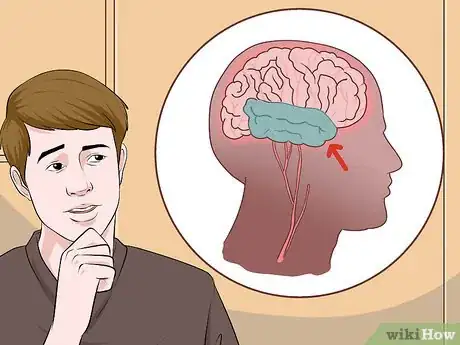
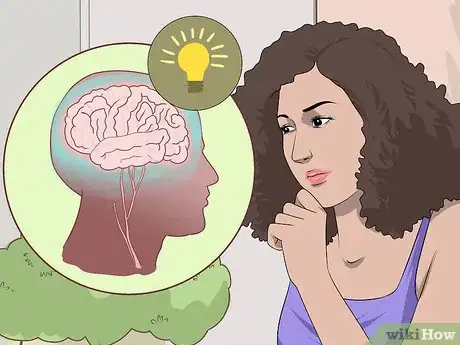
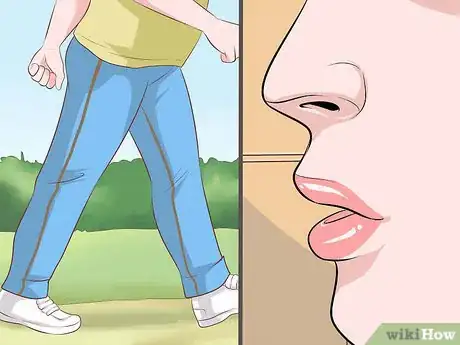
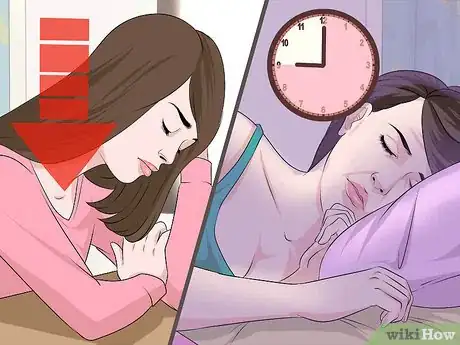
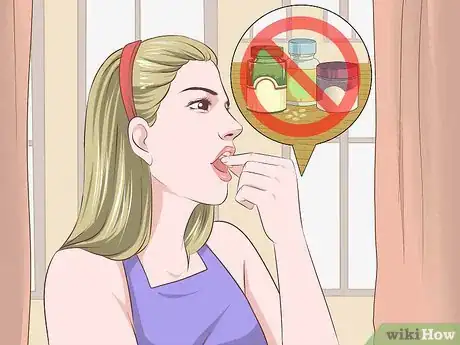
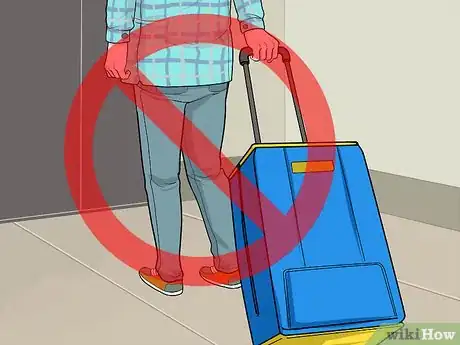


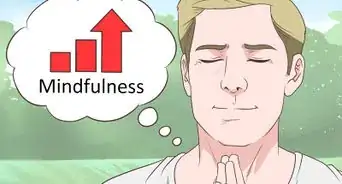




















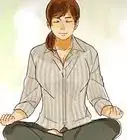






































Medical Disclaimer
The content of this article is not intended to be a substitute for professional medical advice, examination, diagnosis, or treatment. You should always contact your doctor or other qualified healthcare professional before starting, changing, or stopping any kind of health treatment.
Read More...